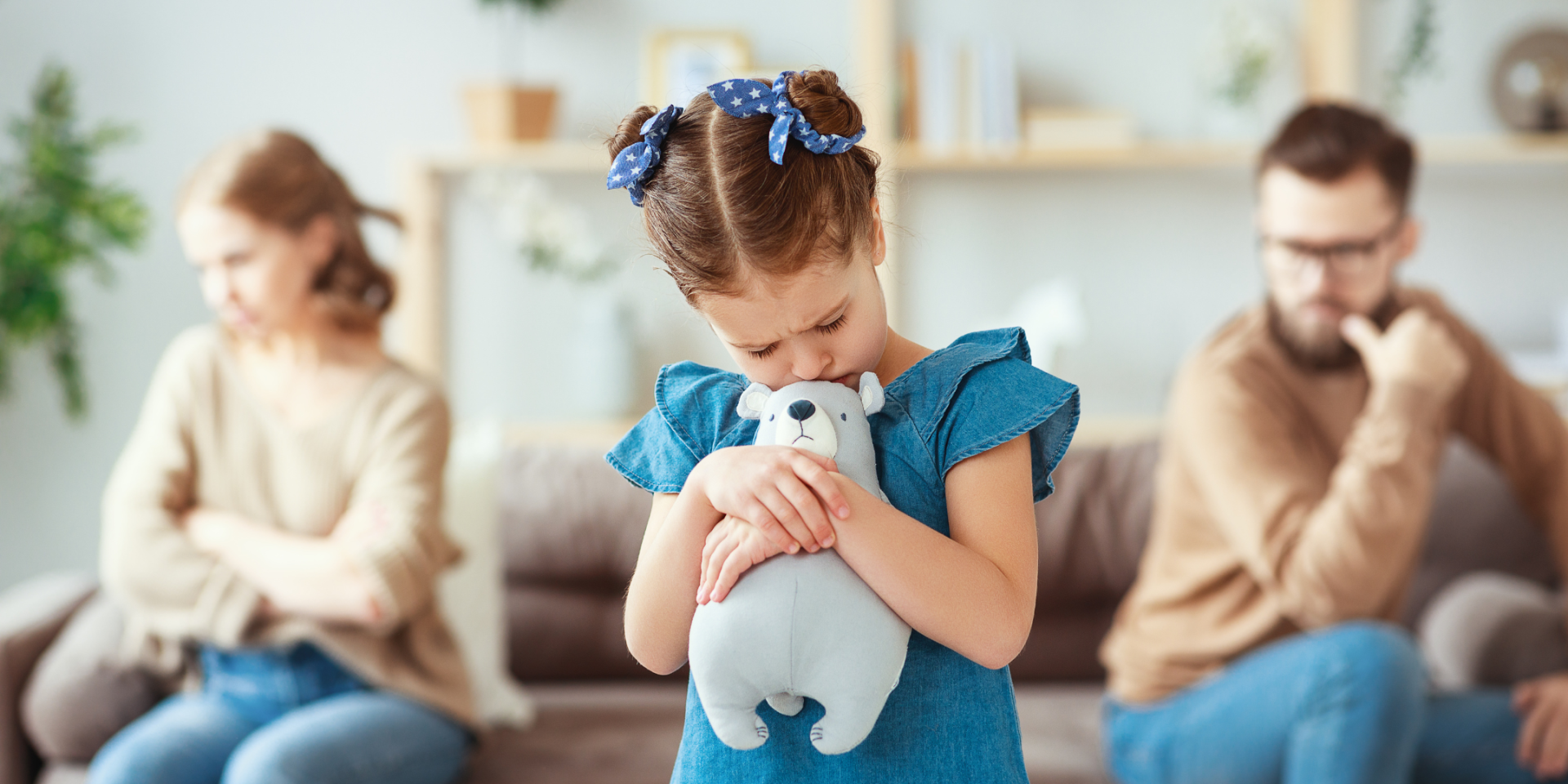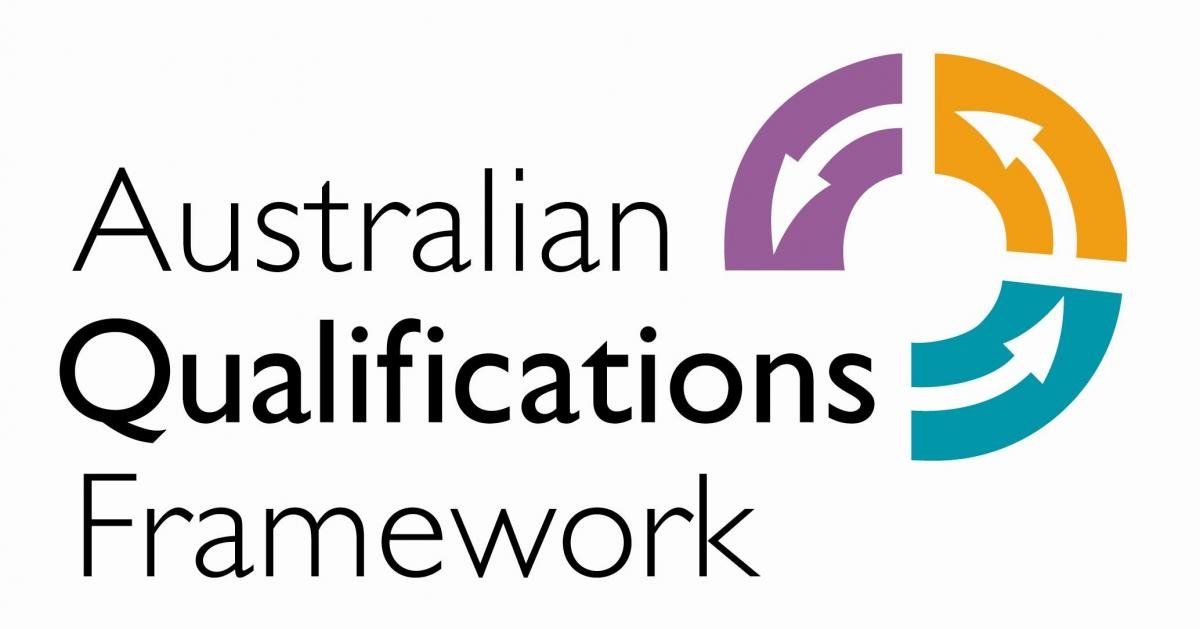5 steps to ensuring adequate supervision
Supervising children adequately is the most important skill an early childhood educator can have. While having the ability to provide children with a safe and secure environment may seem like an easy task, there are over 1000 cases annually, whereby Australian children are seriously hurt in the early childhood setting. These accidents range from fingers being jammed in doors; dislocation and broken bones; choking; scalds and burns; to children having adverse allergic reactions. These accidents can and do, have dire consequences.
This week, Dr Mary Anne Hall from EPEC Education, highlights five factors that should be considered when supervising children.
List of services
-
1. Promote key strategies to support a safe environmentList Item 1
Childcare personnel should have a sound understanding of their Centre’s policies around the health and safety of children. This should be supported by ongoing child protection training, and importantly, that all new staff receive adequate onboarding training in their Centre’s supervision policies and procedures.
-
2. Develop and implement comprehensive risk management strategies for excursions and the transportation of childrenList Item 2
Each Centre should have its own policies for managing excursions. Key factors that should be addressed include: ensuring there are adequate child:staff ratios; that parent contact lists, child rolls with relevant medical conditions; and stocked First Aid Kits are all taken on excursions; that children are prepared ahead of time for the excursion, including expectations around behaviour in public places; and that there are stringent procedures in place for child head counts, particularly when boarding and exiting vehicles such as buses.
-
3. Have an understanding of situations that pose greater risk to childrenList Item 3
All early childhood educators should be aware of the potential risk to children from SIDS and other illnesses resulting from sleep. Each Centre should have stringent policies for regularly checking on children across all age groups. For infants, these policies may stipulate that children are checked every five minutes. Ensuring safe mealtimes is also required, and this should include adequate precautions around allergy and EPIPEN training, and CPR in the event of choking. Jungle Gyms and slides can also increase risk to children; therefore staff should ensure that children using this equipment are supervised closely at all times. Regular audits of equipment and resources is also essential, with policies ensuring that broken or faulty equipment is disposed of. Safe storage of clearly labelled chemicals and medications is also essential, with these procedures being both displayed and available in the Centre, and also communicated to all new staff as part of a Centre’s induction process.
-
4. Managing and communicating child:educator ratiosList Item 4
Each state has its own regulations around the required number of educators (or teachers) that a Centre must have based on a given number of children at any point in time and the age mix of children. Importantly, these ratios will become lower in the event of excursions, and also, when activities with potential perceived risk are undertaken. A failure to not provide adequate and at least minimum staffing arrangements, will not only increase the risk to the health and safety of children, but also can result in severe financial penalties for Centres who fail to comply. Staff shortages may pose challenges for Centres in meeting required ratios, however supervision should never be compromised. In order to ensure staff ratios are adhered to, some Centres may be required to ‘cap’ numbers, or close rooms, in order to ensure that ratio regulations are adhered to.
-
5. Strategies for demonstrating ‘hyper focus’ when supervising children
Supervising children is a tremendous responsibility. Part of this charter is ensuring that one is able to scan or supervise all of the children in their care, without getting distracted by one child. This often takes experience, but a skill that is necessary if one is to provide quality care. Often educators new to the industry for the first time, will get distracted with one-on-one interactions with a child, leaving other children to go unsupervised. Also common, is that educators get immersed in paperwork or Online portal entries, when they should be focusing on the children in their care. It is essential that educators never use their phone for personal use when supervising children, and that they do not get distracted by chatting with co-workers. Educators being in a ‘huddle’ together poses additional risk to children, as it usually indicates that carers are not connected into their environment, but rather engaging in chat with other staff. ‘Hyper focus’ in the childcare setting, means having the capacity to supervise ALL children in one’s care, while still tending to the physical and emotional needs of each of those children.
-
Follow EPEC Education on Facebook for updates on our On Demand Webinars. Check out www.epeceducation.com.au for all of our wonderful resources and training products.






